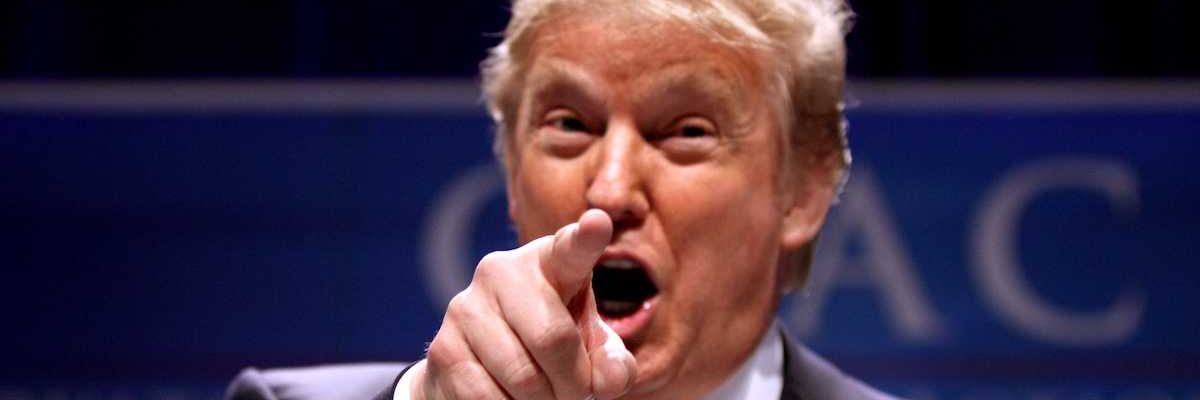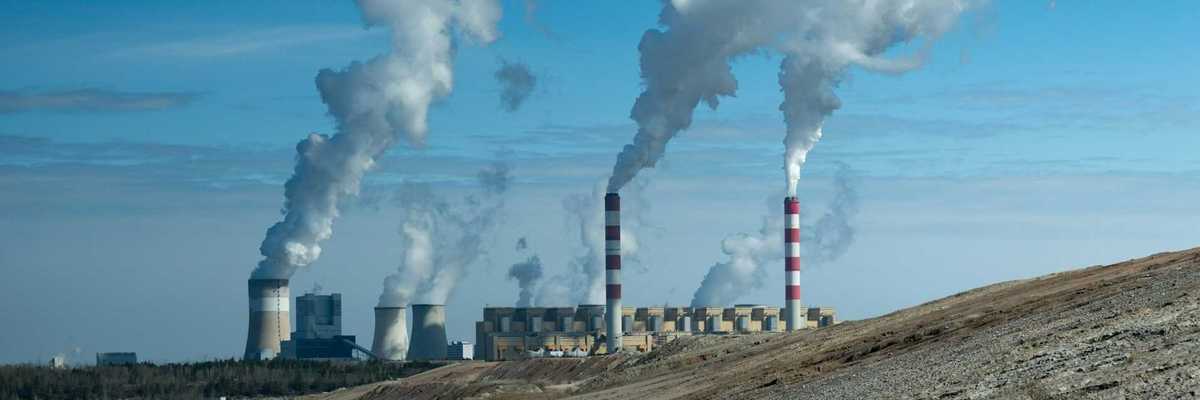plastics recycling
EPA shuts down deceptive recycling claims in plastics industry
The U.S. Environmental Protection Agency has cracked down on the plastics industry’s use of misleading accounting methods to inflate recycled content claims, marking a significant federal move to curb greenwashing in product labeling.
In short:
- The EPA's new policy prohibits the plastics industry from using the mass balance method to falsely advertise recycled content in products.
- Products labeled with the “Safer Choice” endorsement must now contain at least 15% post-consumer recycled content, calculated by weight.
- This decision is part of a broader effort by the Biden administration to tackle plastic pollution and promote truthful labeling.
Key quote:
“This is the turning point” that will allow us to start killing the “hoax” of mass balance.
— Jan Dell, founder of The Last Beach Cleanup
Why this matters:
The EPA’s move means that any products endorsed under its "Safer Choice" label must now meet stricter, more transparent standards. This is a win for consumers who care about making genuinely sustainable choices and a signal that the government won't tolerate such corporate sleight of hand. Read more: Recycling plastics “extremely problematic” due to toxic chemical additives.
Plastic industry pushes for recycling as a solution to pollution crisis
The petrochemical industry claims to support a global treaty to curb plastic pollution but emphasizes recycling over production caps.
In short:
- Industry groups are promoting recycling targets and waste collection improvements as alternatives to capping plastic production.
- These proposals could cut global plastic pollution by 36% by 2050, but without a production cap, it's harder to achieve significant reductions.
- Industry influence over treaty negotiations is increasing, with substantial lobbying at recent sessions.
Key quote:
“Whether the treaty includes plastic production cuts is not just a policy debate. It’s a matter of survival.”
— Jorge Emmanuel, adjunct professor at Silliman University in the Philippines.
Why this matters:Recycling initiatives proposed by the petrochemicals industry while beneficial, are insufficient to tackle plastic pollution. A comprehensive approach, including production caps, is a more effective approach to achieve meaningful health and environmental benefits. For more read the op-ed by Pete Myers: We must determine which uses of plastic remain essential; eliminate those that aren’t; and design new materials to replace still essential plastics.
The T-shirt chewing enzyme ready to tackle plastic waste
The missing equations at ExxonMobil’s advanced recycling operation
The petrochemical giant promotes its new Baytown facility near Houston as a model for solving the world’s glut of used plastic. But Exxon Mobil won’t say how much goes into making new plastic—or ends up burned as climate-warming fuel.
‘Chasing arrows’ recycling symbol is misleading on plastics, E.P.A. says
On the eve of plastics treaty talks, a youth advocate from Ghana speaks out: ‘we need urgent action’
United Nations delegates gathering for a second negotiating session stake out their positions as environmental groups, businesses and scientists seek to influence the outcome of plastic treaty talks.
‘A sea of misinformation’: FTC to address industry greenwashing complaints
As consumers turn to renewable and recyclable products, protests over industry’s use of misleading terms have proliferated.









